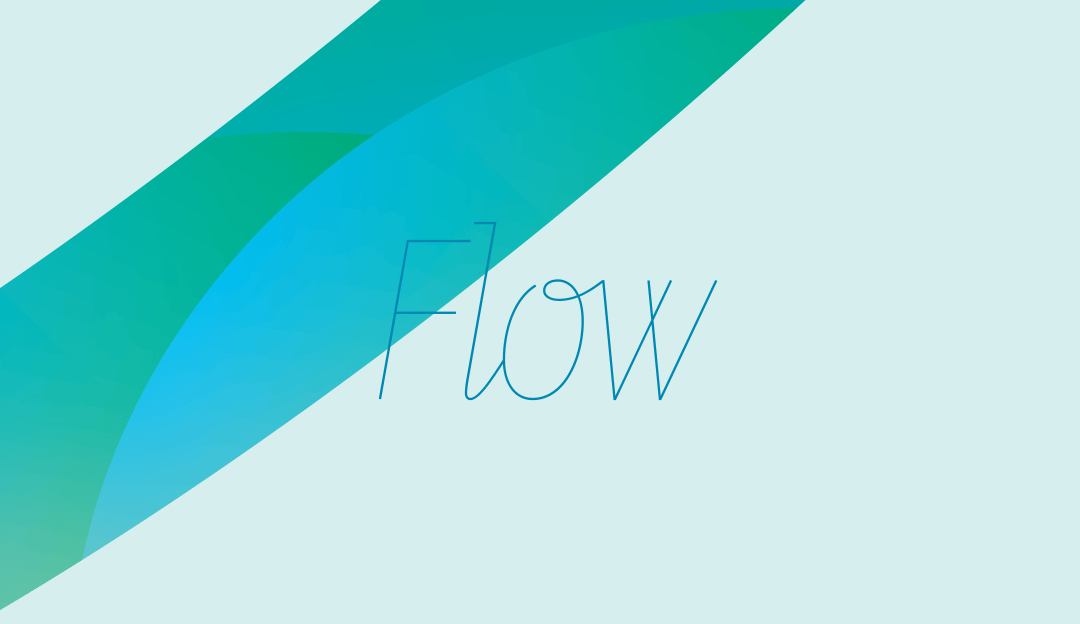
As an introduction to our 2023 program of events, Writers Victoria’s Program and Partnerships Manager, Anna Kate Blair, writes below about our 2023 theme: FLOW.
I know many writers, myself included, who love water, love writing about it. It makes sense, to me: words operate like liquid. They can pool in the wrong places, stagnate, breed mosquitoes of anxiety that bite at us; they can rush and overwhelm us in their abundance. Ideally, they flow, requiring only the lightest intervention, moving smoothly, facilitating a journey, floating thought.
We don’t want our notebooks and our laptops to get wet, but writing also requires fluid: ink stains paper, allowing us to read. I think, also, of the different sorts of flow that animate our writing, through the body, but are often overlooked: almost everybody, when they hear flow, defaults to thinking about menstruation, but one friend, who has just had a baby, tells me that they think of breast milk.
We flow into one another, I think.
This is something that’s lovely about writing, too, and about conversations with other writers.

I was going to read Mihaly Csikszentmihalyi’s famous book on creative flow before I wrote this piece, but the prose didn’t flow (!) and I gave up quickly. Instead, I looked at Wikipedia. I examined a colourful diagram showing the relationship of flow states to levels of challenge and perceived skill. We have to believe that we’ll be able to do something in order to access the state that makes it possible. It has to challenge us, so that our brains are active, but the challenge can’t lead us to believe the task beyond our capabilities.
I scroll down past photographs: an adult on a horse; a child painting a model ship. I linger on the word autotelic; I don’t know the meaning, but I like the way that it sounds. Flow, I read, “is good only in that it has the potential to make life more rich, intense and meaningful; it is good because it increases the strengths and complexity of the self.”
There are obvious and abstract ways in which a program of events for writers might link to flow: a full-day workshop might provide a space in which to focus, free from distraction; an Online Feedback Clinic might improve the flow of a certain piece; this concept of the flow state, and how to access it, might be clarified through the experience of a longer course.
Across all our Season 1 events, we think and hope, conversations and ideas will flow.

I considered writing this introduction in one sentence, flowing down the page without interruption, but pauses are necessary if we want to stop a steady flow from gathering momentum, becoming unruly, slipping into flood. It feels, this year, as if the measured quality of flow is missing, which is perhaps why we’re hoping for it in 2023. It feels, perhaps, like we’re all learning ways to be in the world and stay buoyant, which makes sense; we’re still figuring out our pacing in relation to a pandemic.
I wonder if the opposite of flow is fragmentation.
In addition to the more positive associations, flow makes me think of the corporate (“workflow”) and the chill (“go with the flow”), with their hints of toxic positivity. I don’t mind this; I love multiplicity. One of the things that I value about writing is that it can register and hold complexity, expanding or distilling the world. Writing, like water, allows the movement of many things, holds and carries ideas and images. It can be propulsive and gentle, can do many things at once, responding to many different forces.

I had trouble writing this, and it took me a while to figure out why: it’s hard, amidst the cacophony of 2022, to really connect with the idea of flow, because we’re always being interrupted, our attention fragmented, catching on email notifications and pressing conversations; we have developed habits of refreshing websites, of checking ‘to do’ lists, of keeping track of the time remaining in a workday and measuring tasks that might fit into it. In our breaks we check Twitter, which has conjured a new verb: doomscroll.
I shift this task into the evening, suspecting it might be easier to access the famous flow state. I like to write when my mind is tired; it’s easier to switch off, to become (like water) absorbed (by paper, albeit it on a screen).
I message my friend, who mentioned breast milk:
Would you say the flow of breast milk is more akin to Twitter, with its staccato rhythm and stress, or to a river, with its organic, moving-downstream form?
Ooooh, they reply, and I consider the form of the word. This is another way to approach flow: on the level of shape and sound. Ooooh seems to pour toward me.
I think it’s both, they say, a minute later, in an audio message. It depends on the time of the day, how much the baby’s fed, whether you’ve pumped, there’s a range of – hold on, my sister’s here.
I don’t think that flow comes easily, in late 2022, but I do think that I’m learning, moving closer to it, as I consider the concept. It’s a certain form of flow, here, that allows me to link the delight and debris of everyday life with larger concepts, join mosquitoes and the corporate world to the care of a newborn baby; flow, perhaps, can be a form of sense-making, facilitating the translation of life into paragraphs on a page. I hope we’ll all learn from foregrounding flow in 2023; I hope, too, that we’ll allow ourselves to be swept along, buoyant, as we move across the year.
Explore the 2023 Season 1 Program by downloading a PDF of the program here, or visiting our events calendar here.
